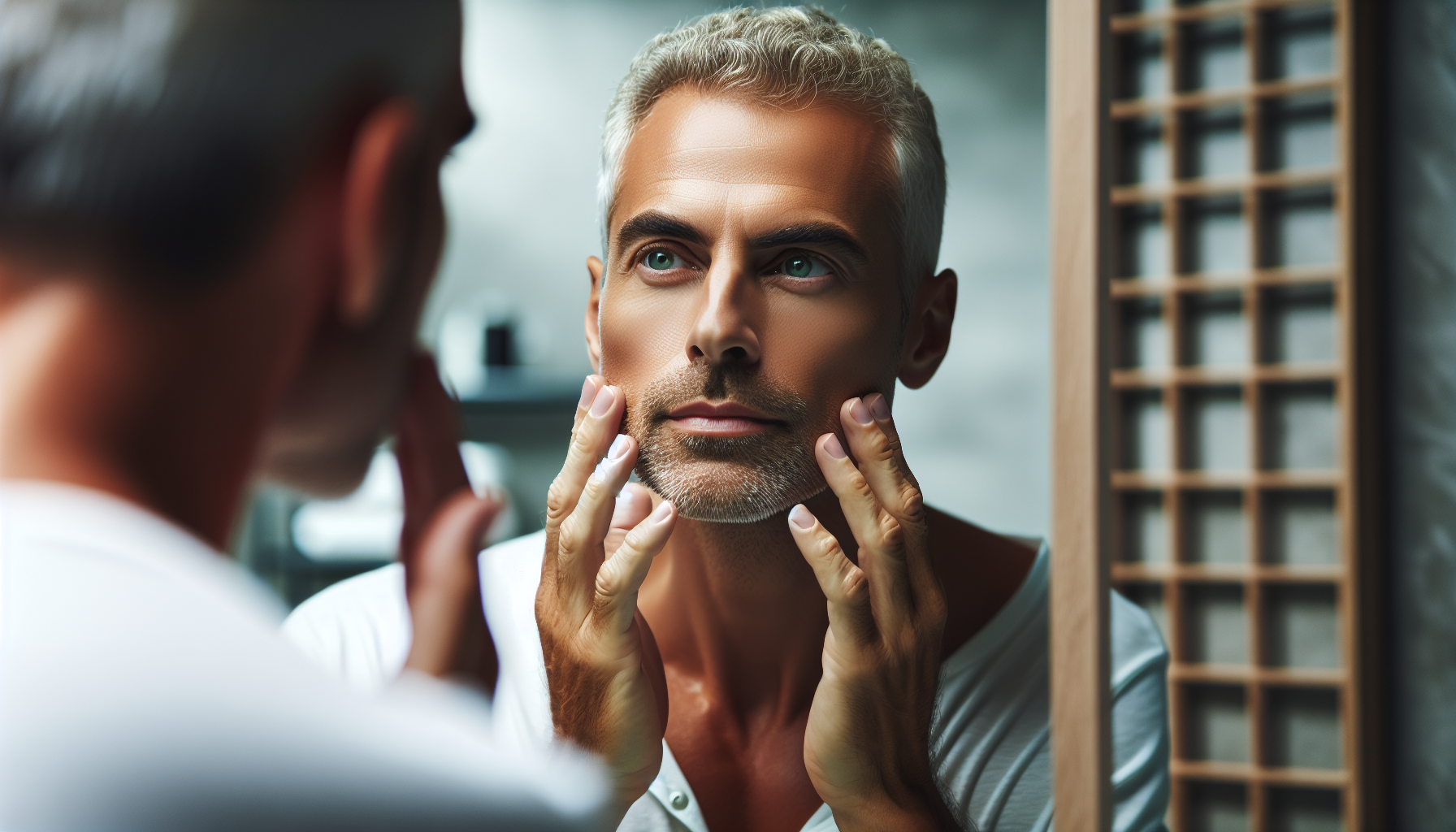Proper skin care is pivotal not only for aesthetic appeal but also for maintaining the body’s first line of defense against environmental aggressors. Understanding your unique skin type is a cornerstone of effective skin care. The journey to healthier skin begins with recognizing the characteristics that make your skin unique and tailoring your skin care regimen accordingly.
The Five Skin Types
Your skin can be classified into one of five types: normal, dry, oily, combination, or sensitive. Each type has distinct traits:
- Normal skin is well-balanced, neither too oily nor too dry.
- Dry skin may feel tight and is characterized by flaky patches or rough texture.
- Oily skin typically appears shiny, has enlarged pores, and is prone to acne.
- Combination skin exhibits both oily and dry areas, often with oiliness in the T-zone (forehead, nose, and chin).
- Sensitive skin may react to certain products with redness, itching, or breakouts.
Understanding your skin type is crucial for choosing products that enhance your skin’s health without causing irritation or imbalance.
Determining Your Skin Type
To identify your skin type, start with a simple test. Cleanse your face with a gentle cleanser and pat it dry. Wait for about an hour without applying any products. Then, observe your skin’s condition. If it feels tight and appears flaky, your skin is likely dry. If your forehead, nose, and chin are shiny, you have combination or oily skin. If there is no shine or flakiness, your skin is normal. If your skin feels irritated or becomes red, it may be sensitive.
For a more in-depth analysis, consider visiting a dermatologist. They can provide insights into your skin type and any conditions you might have, such as rosacea or eczema, which could influence your skin care routine.
Caring for Your Skin Type
Each skin type requires specific care:
Normal Skin
Normal skin benefits from a balanced routine that maintains its natural state. Use a mild cleanser, a lightweight moisturizer, and sunscreen daily. Regular exfoliation can help keep normal skin looking radiant.
Dry Skin
Dry skin requires hydration. Look for products containing hyaluronic acid or glycerin. Avoid harsh cleansers that can strip the skin’s natural oils. Instead, choose cream-based cleansers and apply rich moisturizers immediately after bathing to lock in moisture. The importance of Vitamin E in skin care and repair can be particularly beneficial for dry skin.
Oily Skin
Oily skin necessitates products that regulate oil production without over-drying. Gel-based or foaming cleansers can effectively remove excess oil. Opt for non-comedogenic moisturizers that won’t clog pores. Salicylic acid and benzoyl peroxide are key ingredients for managing acne.
Combination Skin
Combination skin requires a versatile approach. Use a gentle cleanser and a light moisturizer on your entire face, applying additional moisture to dry areas if needed. Balancing toners can help manage oiliness in the T-zone.
Sensitive Skin
Sensitive skin demands hypoallergenic and fragrance-free products to avoid irritation. Perform patch tests before using new products, and build your routine gradually. Products designed for treating sensitive skin with gentle skin care products can provide the care needed without causing adverse reactions.
Advanced Skin Care Tips
Once you have a basic routine, consider advanced strategies to further enhance your skin’s health:
- Sun Protection: Wear sunscreen daily to protect against premature aging and skin cancer. Best practices for protecting skin against digital blue light also suggest the importance of guarding against high-energy visible (HEV) light from devices.
- Diet and Hydration: Your diet affects your skin’s health. Foods rich in antioxidants can combat skin damage, while staying hydrated ensures your skin remains supple.
- Professional Treatments: Facials, chemical peels, and other professional treatments can address specific skin concerns more effectively.
Supporting Your Skin’s Health Beyond Topical Treatments
Your skin’s condition is not solely determined by the products you apply. Lifestyle factors such as diet, stress, and sleep can have profound effects.
- Diet: A balanced diet rich in vitamins, minerals, and antioxidants supports skin health. Research has linked sugar consumption to accelerated skin aging. Consider resources that explore the impact of sugar on skin aging to understand this relationship.
- Stress: High stress levels can lead to breakouts and other skin issues. Engage in stress-reducing activities like yoga, meditation, or regular exercise.
- Sleep: Quality sleep is essential for skin repair. Aim for 7-9 hours of sleep per night to allow your skin to rejuvenate properly.
Conclusion
Identifying your unique skin type is the first step toward a tailored skin care regimen that can maintain and enhance your skin’s natural beauty and health. Embrace a holistic approach that includes a balanced diet, stress management, and proper sleep, and consider seeking professional advice for personalized care. With the right knowledge and tools at your disposal, you can achieve the glowing, healthy skin you desire.



